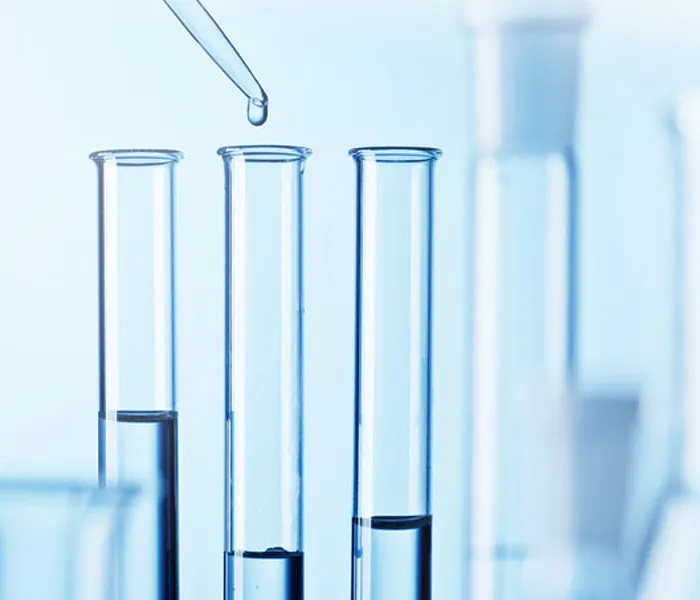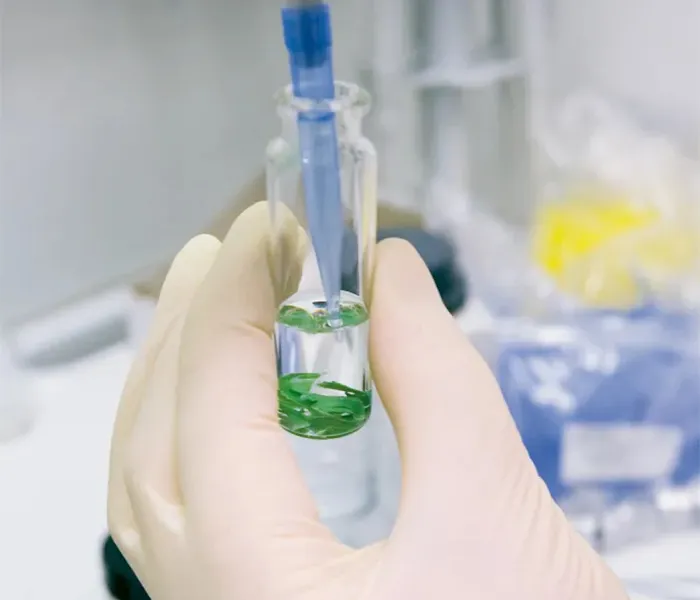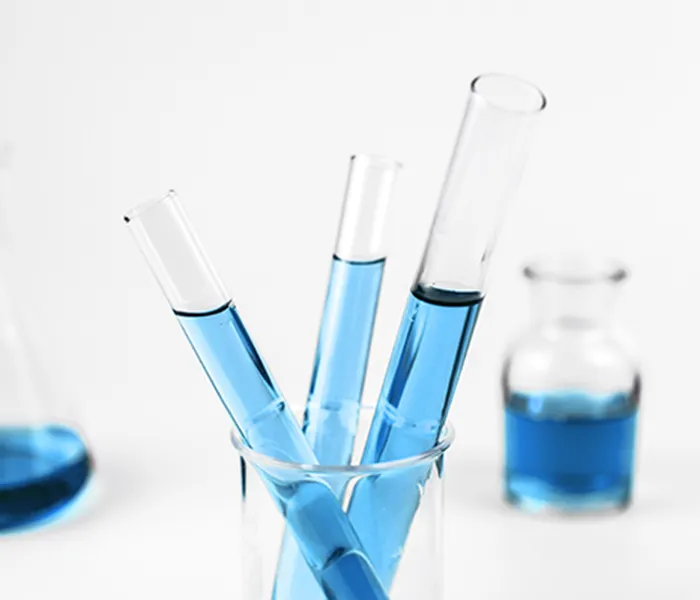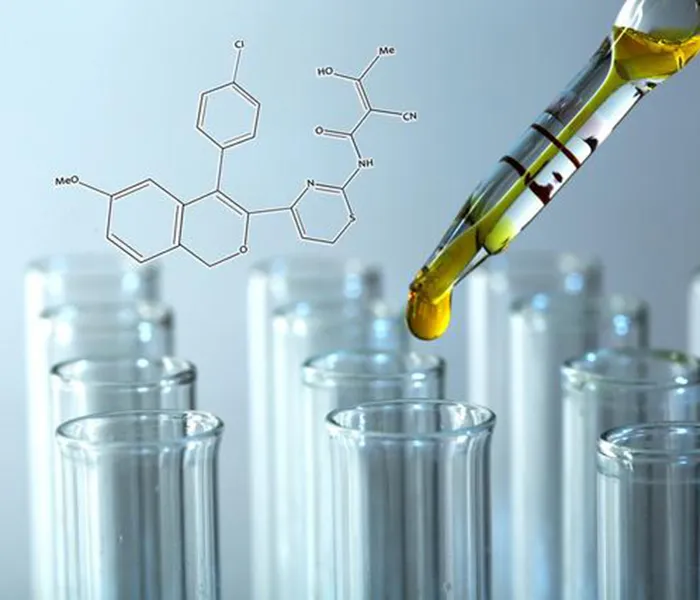تتطور صناعة البناء باستمرار مع التقنيات والمواد الجديدة التي تهدف إلى تحسين متانة المباني وطول عمرها. ومن بين هذه الابتكارات التي اكتسبت اهتمامًا كبيرًا في السنوات الأخيرة استخدام السيلانات العضوية في مواد البناء. تقدم هذه المركبات العديد من الفوائد، وخاصة فيما يتعلق بتعزيز مقاومة الماء ومقاومة التلوث والعوامل الجوية. ومع مواجهة المباني الحديثة لظروف بيئية قاسية بشكل متزايد، أصبح دور السيلان العضوي في تحسين أداء المباني وتقليل تكاليف الصيانة أمرًا بالغ الأهمية.
تستكشف هذه المقالة التطبيقات المختلفة لـ سيلانات عضوية في مجال البناء، مع التركيز على تأثيرها على مواد البناء، والعزل المائي، ومقاومة التلوث، وخصائص العوامل الجوية، وتأثيراتها طويلة المدى على صيانة المباني.
ما هي السيلانات العضوية؟
السيلانات العضوية هي فئة من المركبات الكيميائية التي تحتوي على ذرات السيليكون المرتبطة بمجموعات عضوية، مثل مجموعات الألكيل أو الفينيل أو الأريل. تشتهر هذه المركبات بقدرتها الفريدة على تعديل خصائص سطح المواد. في البناء، تُستخدم السيلانات العضوية لمعالجة مواد مثل الخرسانة والحجر والخشب والمعادن، مما يعزز مقاومتها للرطوبة والأوساخ والعوامل الجوية.
تتميز السيلانات العضوية بفعالية خاصة في تكوين طبقات متينة وطاردة للماء على سطح مواد البناء. وهذا يسمح لها بالحماية من التأثيرات الضارة لتسرب المياه وتراكم الأوساخ والأشعة فوق البنفسجية. تجعل هذه الخصائص السيلانات العضوية مثالية لمجموعة من تطبيقات البناء، من الأساسات المقاومة للماء إلى حماية الواجهات وغيرها من الأسطح الخارجية.
العزل المائي باستخدام السيلانات العضوية
يعد العزل المائي أحد التطبيقات الأساسية للسيلانات العضوية في البناء. تتعرض المباني باستمرار للرطوبة، سواء من الأمطار أو المياه الجوفية أو التكثيف. وبدون العزل المائي الفعال، يمكن أن يخترق الماء مواد البناء، مما يؤدي إلى مشاكل خطيرة مثل نمو العفن والتآكل والأضرار الهيكلية.
تعتبر السيلانات العضوية فعالة بشكل خاص في عزل المواد المسامية مثل الخرسانة والطوب والحجر. عند تطبيقها على هذه الأسطح، تترابط السيلانات العضوية كيميائيًا مع الركيزة، وتشكل شبكة من السيلوكسان تطرد الماء. يمنع هذا الحاجز الكاره للماء امتصاص الماء في المادة، دون المساس بقدرتها على التنفس. على عكس الطلاءات المقاومة للماء التقليدية، لا تشكل السيلانات العضوية طبقة مرئية على السطح، مما يساعد في الحفاظ على المظهر الطبيعي للمادة.
من أهم مميزات العزل المائي القائم على السيلان العضوي هو طول عمره. فبمجرد تطبيقه، يمكن أن تدوم الطبقة الواقية لعدة سنوات، مما يقلل بشكل كبير من الحاجة إلى إعادة التطبيق بشكل متكرر. وهذا يجعله خيارًا ممتازًا لكل من مشاريع البناء الجديدة وصيانة المباني القديمة. بالإضافة إلى ذلك، يمكن للسيلان العضوي أن يساعد في منع الأضرار الناجمة عن دورات التجمد والذوبان، حيث يتمدد الماء المحبوس داخل المواد وينكمش مع تغير درجات الحرارة، مما يؤدي إلى التشققات والتدهور.
خصائص السيلانات العضوية المضادة للتلوث
بالإضافة إلى العزل المائي، توفر السيلانات العضوية أيضًا خصائص مضادة للتلوث، مما يجعلها أداة قيمة للحفاظ على مظهر ونظافة أسطح المباني. بمرور الوقت، يمكن أن تتراكم الأوساخ والطحالب والعفن والمواد الملوثة الأخرى على مواد البناء المعرضة للملوثات البيئية والرطوبة. وهذا لا يقلل من الجاذبية الجمالية للمبنى فحسب، بل يمكن أن يؤدي أيضًا إلى تسريع تدهور المواد.
يمكن للسيلانات العضوية أن تمنع التصاق الأوساخ والطحالب والعفن والمواد العضوية الأخرى بأسطح المباني. وعند تطبيقها على مواد مثل الخرسانة أو الحجر أو الزجاج أو المعدن، تشكل السيلانات العضوية سطحًا غير لاصق يقاوم التلوث. وهذا مهم بشكل خاص للمباني في المناطق الساحلية أو الصناعية، حيث يمكن أن يتسبب التلوث والكائنات البحرية في تلوث الأسطح بسرعة.
كما أن الطبيعة الكارهة للماء للسيلانات العضوية تسهل عملية التنظيف الذاتي. حيث يمكن لمياه الأمطار أن تغسل الأوساخ والمواد الملوثة بسهولة، مما يحافظ على نظافة السطح بأقل قدر من التدخل. وهذا يقلل من تكرار وتكلفة التنظيف، ويساعد في الحفاظ على سلامة البنية والجماليات للمبنى. على سبيل المثال، في المناطق الساحلية حيث يكون التعرض لمياه البحر أمرًا شائعًا، يمكن للسيلانات العضوية أن تحمي من التلوث البيولوجي والآثار التآكلية للملح.
تعزيز مقاومة العوامل الجوية باستخدام السيلانات العضوية
يعد التعرض للعوامل الجوية أحد الأسباب الرئيسية لتدهور المواد في صناعة البناء. يمكن للأشعة فوق البنفسجية وتقلبات درجات الحرارة والأمطار والرياح أن تساهم في بهتان وتشقق وتآكل مواد البناء بمرور الوقت. السيلانات العضوية المساعدة في التخفيف من هذه التأثيرات من خلال تحسين مقاومة مواد البناء للعوامل الجوية.
عند تطبيقها على الأسطح، تشكل السيلانات العضوية حاجزًا وقائيًا يحمي المواد من الأشعة فوق البنفسجية. يمكن للأشعة فوق البنفسجية أن تكسر البنية الجزيئية للمواد مثل الخرسانة والخشب، مما يؤدي إلى تغير اللون والتدهور. تمتص السيلانات العضوية الأشعة فوق البنفسجية وتقلل من آثارها الضارة، مما يمنع بهتان الألوان وتدهور سطح المادة.
بالإضافة إلى الحماية من أضرار الأشعة فوق البنفسجية، تساعد السيلانات العضوية أيضًا في منع تآكل مواد البناء الناجم عن المطر والرياح. في المناطق المعرضة لدورات التجمد والذوبان، حيث تتسرب الرطوبة إلى الشقوق وتتجمد أثناء الطقس البارد، تعمل السيلانات العضوية على تقليل امتصاص الماء وتساعد في منع التمدد والتشقق الذي قد يحدث نتيجة لذلك. وهذا يطيل بشكل كبير من عمر الأسطح الخارجية ويقلل من الحاجة إلى الإصلاحات.
التأثير على صيانة المباني
من أهم مزايا استخدام السيلانات العضوية في البناء هو تأثيرها على صيانة المباني. تتطلب مواد البناء التقليدية، وخاصة الخرسانة والحجر، صيانة منتظمة لمنع تسرب المياه ونمو العفن وتدهور السطح. تقلل السيلانات العضوية من الحاجة إلى مثل هذه الصيانة من خلال توفير حماية طويلة الأمد ضد الرطوبة والأوساخ والعوامل الجوية.
إن استخدام السيلانات العضوية يمكن أن يؤدي إلى توفير كبير في التكاليف على المدى الطويل. فمن خلال تقليل تكرار الإصلاحات والحاجة إلى التنظيف، يمكن لأصحاب المباني خفض تكاليف صيانتهم. وتتطلب الأسطح المعالجة بالسيلانات العضوية غسلًا أقل تكرارًا وأقل عرضة للتلف، مما يعني أن فرق صيانة المباني تنفق وقتًا وموارد أقل على الصيانة.
علاوة على ذلك، يمكن للسيلانات العضوية أن تعمل على تحسين طول عمر المبنى بشكل عام من خلال الحماية من المشكلات الشائعة مثل أضرار المياه ونمو العفن والتدهور الناتج عن الأشعة فوق البنفسجية. وهذا يطيل عمر المبنى ومواده، مما يؤدي إلى تقليل عمليات الاستبدال والإصلاح بمرور الوقت. وبالنسبة للمباني التجارية أو السكنية، فإن هذا يترجم إلى زيادة القيمة وعائد أفضل على الاستثمار.
خاتمة
تُعد السيلانات العضوية أداة قوية في صناعة البناء، حيث تقدم مجموعة واسعة من الفوائد لمواد البناء. إن قدرتها على تحسين مقاومة الماء والتآكل ومقاومة العوامل الجوية تجعلها مثالية لتعزيز متانة وأداء المباني المعرضة لظروف بيئية قاسية. يقلل استخدام السيلانات العضوية من الحاجة إلى الإصلاحات والصيانة المتكررة، مما يؤدي إلى توفير التكاليف وإطالة عمر الهياكل.
مع استمرار نمو الطلب على حلول البناء المستدامة منخفضة الصيانة، ستلعب السيلانات العضوية دورًا متزايد الأهمية في تطوير المباني المرنة طويلة الأمد. سواء للبناء الجديد أو صيانة الهياكل القائمة، توفر السيلانات العضوية طريقة فعالة واقتصادية لحماية مواد البناء وضمان طول عمرها.
إذا كنت تريد العثور على أفضل مورد للسيلان العضوي في عام 2024، أنصحك بتجربة KBR. كشخصية معروفة الشركة المصنعة للسيلان العضوي والمنتج في الصين، يمكن لشركة KBR أن تقدم لك أفضل الخدمات والمنتجات عالية الجودة. نرحب بك للتواصل معنا للحصول على منتجات أفضل ومعلومات ذات صلة!






